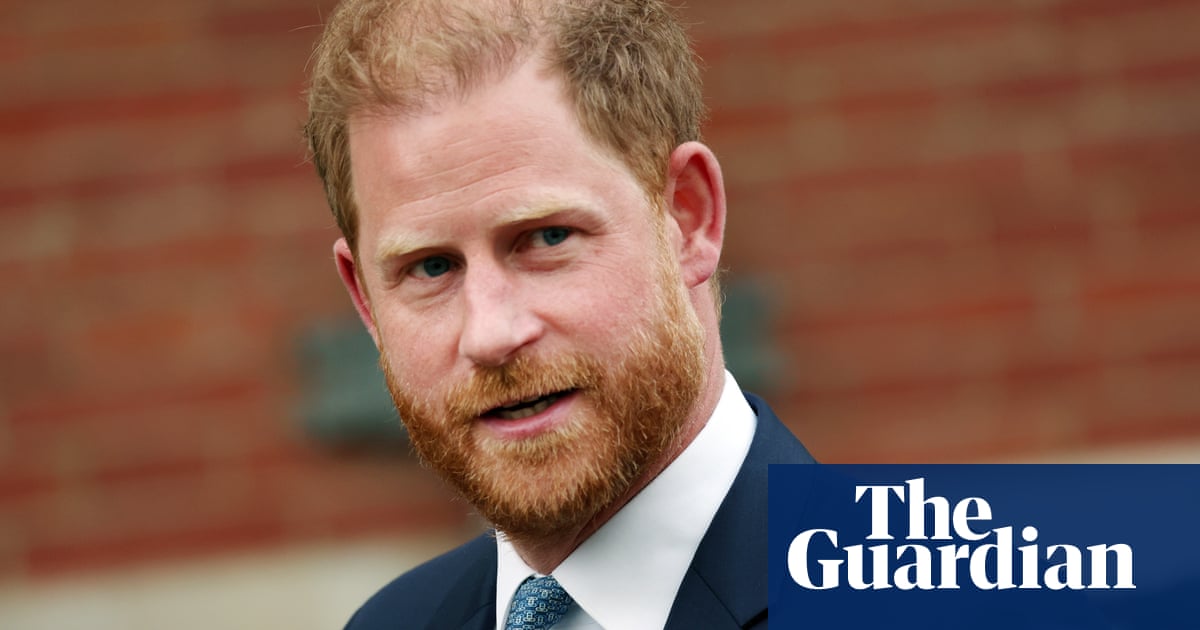The article delves into the recent legal ruling involving Prince Harry and his security arrangements while in the UK. This decision has broader implications that touch on public sentiment, privacy, and the intersection of royal status with personal safety.
Legal Context and Implications
The ruling allows the UK government to provide a “bespoke” security service for Prince Harry, which entails a more economical and limited protection level compared to what he received as a working royal. His legal team argued he was unfairly treated and that his safety was compromised. The court's decision reinforces the notion that royals who step back from their duties may not enjoy the same level of taxpayer-funded security, which could lead to public debate about the nature of royal privileges and responsibilities.
Public Sentiment and Perception
This case might generate mixed feelings among the public. On one hand, there could be sympathy for Prince Harry as he argues for his safety; on the other hand, there may be a perception that taxpayer money should not be used to fund security for royals who have chosen to distance themselves from their royal duties. The article aims to highlight the complexities of royal life, particularly the challenges faced by those who have stepped back from royal duties.
Potential Concealment of Issues
While the article focuses on the legal aspects of security arrangements, it may divert attention from broader issues such as public funding allocation, the mental health of royals, or the ongoing scrutiny of the royal family in the media. By emphasizing the legal battle, the article could obscure discussions about the relevance of the monarchy in contemporary society.
Manipulation and Reliability
The language used is quite neutral, avoiding overtly emotional or sensationalist tones. However, framing the situation as a legal battle over personal safety could invoke sympathy for Harry, potentially skewing public perception. The reliability of the article appears strong, as it references court decisions and official entities like Ravec and the Home Office.
Comparative Context
When juxtaposed with other articles regarding the royal family, this piece may fit into a larger narrative of criticism toward royal privileges, especially regarding taxpayer funding. Such coverage may be part of a trend in media focusing on the accountability of public figures, which reflects ongoing societal changes regarding authority and privilege.
Potential Societal Impact
The ruling could spark conversations about the royal family's role in modern Britain, public funding for security, and the responsibilities of royals who step back from their duties. This might lead to increased scrutiny over how the monarchy operates, potentially influencing public support for royal funding.
Target Audience
This article likely appeals to audiences interested in royal affairs, legal issues, and societal debates regarding privilege and safety. It may resonate particularly with those who are critical of the monarchy or those who empathize with Prince Harry's situation.
Market Implications
While this news may not have direct implications for stock markets, it can influence public sentiment toward businesses linked to the monarchy or royal events. Companies associated with royal patronage might experience shifts in public perception based on how the royal family is viewed in light of these legal matters.
Geopolitical Context
The article has relevance in the context of Britain's ongoing discussions about monarchy and governance. As societal attitudes shift regarding the royal family, the implications of such rulings could reflect broader changes in national identity and values.
AI Influence
There is no clear indication that AI was used in crafting this article, as the language appears consistent with traditional journalistic standards. However, AI tools might assist in drafting or editing, maintaining a neutral tone and factual reporting style.
In conclusion, while the article presents a factual account of the legal situation surrounding Prince Harry, it subtly influences public perception regarding royal privileges and personal safety, highlighting the complexities of modern monarchy.
